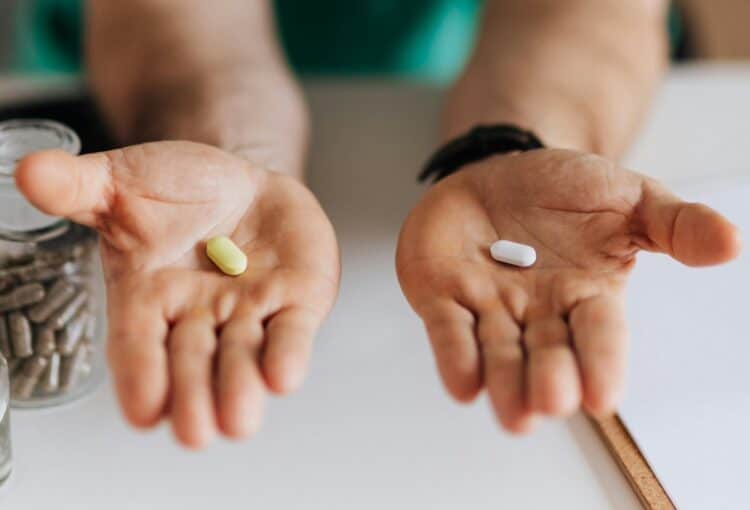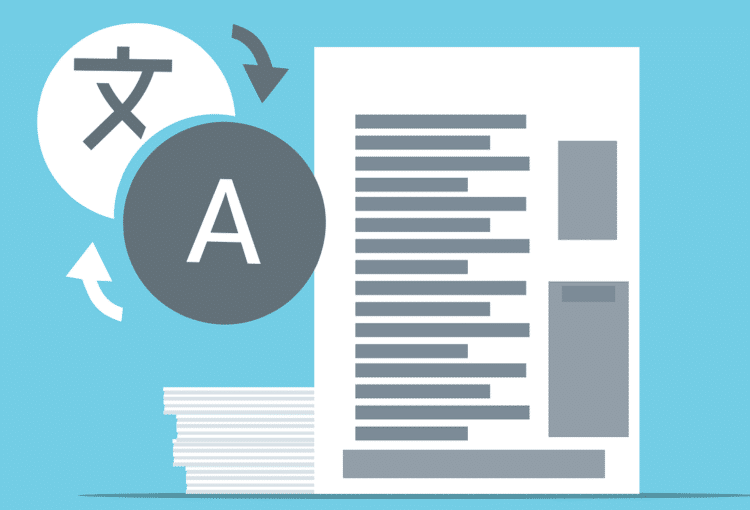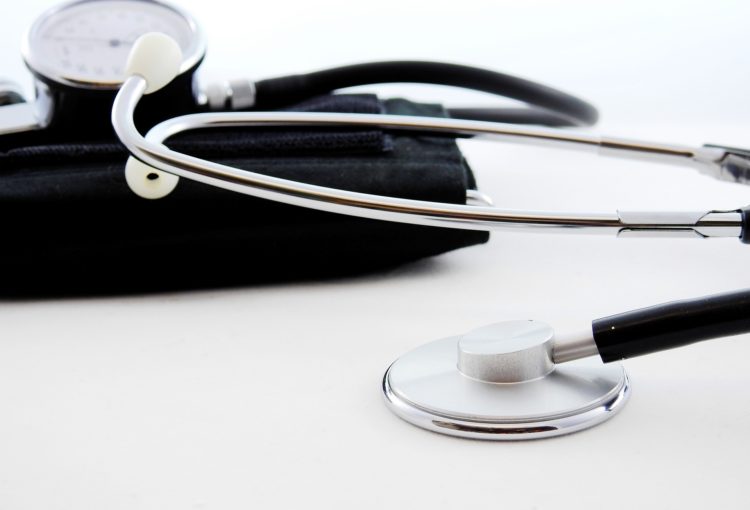In the realm of healthcare, clear and accurate communication is paramount. From medical records and patient forms to clinical trial documents and pharmaceutical materials, every word holds great significance. When it comes to translating medical documents into Spanish, ensuring clarity and precision becomes even more crucial. In a diverse and multilingual society like Spain, accurate translation can bridge linguistic gaps, enabling effective healthcare delivery.
The Complexity of Medical Translation
Medical translation is a specialized field that demands not only fluency in multiple languages but also in-depth knowledge of medical terminology, procedures, and regulations. In the Spanish healthcare system, precise translation is essential for maintaining patient safety, compliance with regulatory standards, and facilitating seamless communication among healthcare professionals and patients.
Accuracy Saves Lives
Inaccurate or ambiguous translations in medical documents can have severe consequences. A simple mistranslation of a medication dosage or a misunderstanding of a patient’s medical history can lead to misdiagnosis, inappropriate treatment, or even adverse medical events. Therefore, meticulous attention to detail is very important in medical translation to ensure that the intended meaning is conveyed accurately and comprehensively.
Bridging Cultural and Linguistic Divides
In addition to linguistic accuracy, medical translators must also navigate cultural nuances and sensitivities. Healthcare practices, beliefs, and attitudes toward illness and treatment may vary across different Spanish-speaking regions. Translators must be attuned to these cultural differences to deliver translations that resonate with local communities while adhering to professional standards and guidelines.
Regulatory Compliance and Quality Assurance
Medical translation in Spain must adhere to stringent regulatory requirements and quality assurance standards. Translated documents, such as informed consent forms, clinical trial protocols, and regulatory submissions, often undergo rigorous review processes to ensure compliance with legal and ethical standards. A reputable translation agency employs qualified linguists with expertise in medical translation and implements robust quality control measures to uphold the integrity and accuracy of translated materials.
The Role of Technology in Medical Translation
Technology plays a significant role in enhancing the efficiency and accuracy of medical translation. Translation memory tools, terminology databases, and machine translation systems can expedite the translation process while maintaining consistency and accuracy.
However, it’s essential to recognize that technology is a complement to, rather than a replacement for, human expertise. Human translators possess the critical judgment and contextual understanding necessary to navigate the complexities of medical translation effectively.
Therefore, in the realm of Spanish healthcare, accurate and precise translation of medical documents is indispensable for ensuring patient safety, facilitating communication, and upholding regulatory compliance. A reputable translation agency with expertise in medical translation can provide the linguistic proficiency, cultural sensitivity, and quality assurance necessary to deliver clear and accurate translations that meet the unique needs of the Spanish-speaking healthcare community. At iTrad, we accumulate decades of experience in medical translation by our expert team. Contact us if you need to translate your medical documents, or visit our web for more information.





